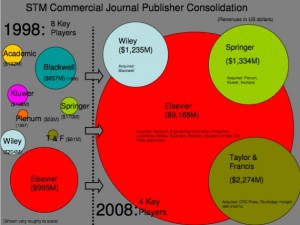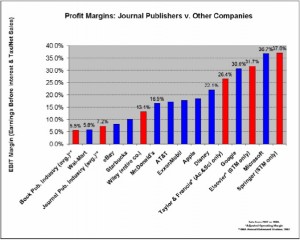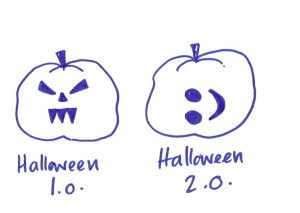The debate over the future of Higher Education is continuing. There were two interesting newspaper articles in the past days in the Guardian and the New York Times.
The Guardian reports that the first set of statistics on applications to university next year, published by the Universities and Colleges and Admissions Service (Ucas), reveal that 52,321 applicants have applied from within the UK, compared with 59,413 this time last year. This is a fall of some 12 per cent, perhaps unsurprising given the steep rise in university tuition fees.
But the main interest is in the detail. The fall in applications is by no means even across universities and subjects, or by geographical region or age of applicant. The Guardian reports: “The figures suggest more women than men have been put off from applying to university. Some 10.5% fewer women have applied this year, and 7% fewer men.
Mature students appear to have been particularly deterred by the higher fees, the figures show. The number of applicants aged 40 or older has fallen by 27.8%, and among those aged between 30 and 39 the number has dropped by 22.7%.”
In terms of regions the “numbers of applicants from the east Midlands (down 20%), Yorkshire (17.3%) and the north-east (14.7%) have fallen furthest, the figures show. London (down 9.1%) and the south-east (8.1%) have been less affected.”
And in terms of subjects “applications to education degrees have fallen by 30%, and those to business studies by 26.1%, the figures show.”
There are some pretty clear patterns here. Although there is no data on socio econo0mic backgrounds of applicants the fall in applicants is greatest from working class areas. And in deterring mature students from applying, this will have a disproportionate effect on education which has in the past been an attractive second career. The reduction in applications for business studies is more puzzling. Once more this may be an effect of less applications from mature students. Or it could be a general disillusionment with business as a whole. Or it may be that students are turning towards more vocational degrees and fear business studies offers little chance of post university employment.
It is also interesting to note that the fall in applications is uneven across institutions. The elite universities – like Oxford and Cambridge – are little affected with the biggest reductions seemingly hitting the old Polytechnics.
Once more this can be seen as a class factor, with elite universities always having had a disproportionate number of applications from higher income social groups.
All in all, the figures appear to co0nfirm those critics who pointed to the UK university system becoming more elitist, with working class students afraid of the high debt levels the new fees structure will result in.
The New York Times published an “Opinion” article by Michael Ellsberg entitled “Will dropouts Save America”?
Although somewhat whimsical, Ellsberg points out most job creation comes from business start ups. he goes on to say: “Start-ups are a creative endeavor by definition. Yet our current classrooms, geared toward tests on narrowly defined academic subjects, stifle creativity. If a young person happens to retain enough creative spirit to start a business upon graduation, she does so in spite of her schooling, not because of it.”
But Ellsburg’s solution is hardly progressive. He thinks schools and universities should teach people how to buy and sell things as the bedrock of business start up. And in general he thinks young people are better off not going to university. Ellsburg ignores the importance of access to capital for those seeking to set up new businesses. But I would agree with several things he says. he points out that there is a dual job market in the USA – and I would contend in the UK as well. he points to an informal job market with employment being based on netwo0rking and contacts. “In this informal job market, the academic requirements listed in job ads tend to be highly negotiable, and far less important than real-world results and the enthusiasm of the personal referral.”
And he says “Employers could alter this landscape if they explicitly offered routes to employment for those who didn’t get a degree because they were out building businesses.”
Such employment routes used to be called apprenticeships. A revival of apprenticeship training could offer a high skills alternative to university education and provide the job adaptability skills need for succeeding in the highly unstable employment market today. But such apprenticeships cannot be left to employers alone. In the UK the government has taken to calling almost any course an apprenticeship, regardless of skills levels or length. Apprenticeship requires development and regulations to ensure the quality of the learning experience. Bit apprenticeship can offer an alternati9ve route of education to the failed model of mass university education.



